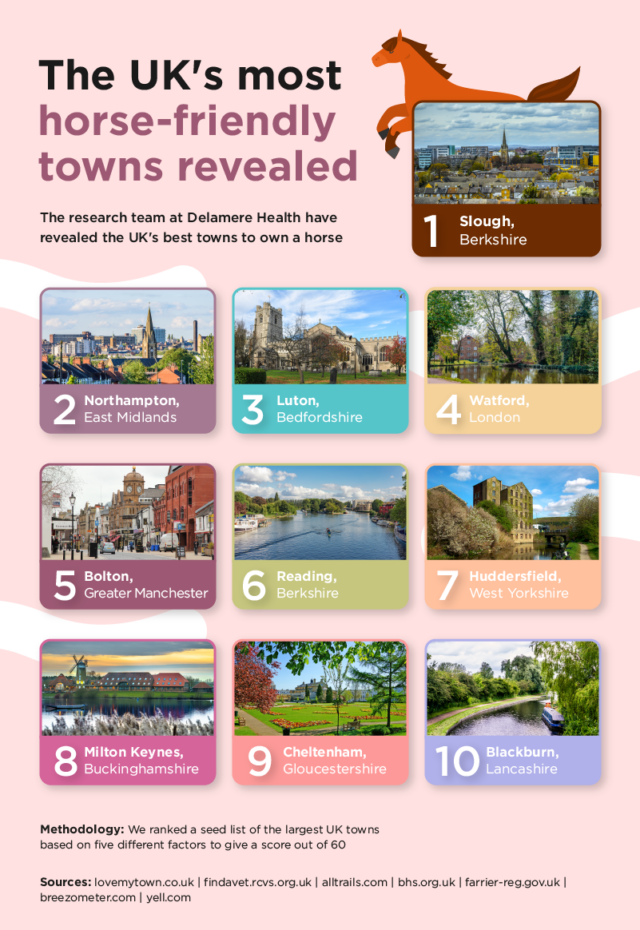Horses can improve your social skills and physical health, but did you know that they are also good for your mental health? It is becoming increasingly popular for horses to be used as part of therapy and throughout addiction rehabilitation.
Equine therapy is a widely used therapeutic tool that involves building up a relationship with horses, involving stroking, grooming and trust-building. Designed for people of all ages, equine therapy has been shown to treat a wide range of health issues, both physical and psychological.
Horses can help reduce the effects of depression and loneliness
People usually associate emotional support animals with dogs or cats. After all, these types of animals often live in our homes. However, these aren’t the only pets that can boost your mental health. Horses can emotionally and physically improve your wellbeing in the same way.
Isolation and loneliness can trigger symptoms of depression and anxiety. During the pandemic, these emotions have heightened, with 25 million people in the UK reported feeling lonely or disconnected. Horses are a great source of comfort, companionship and motivation, often helping us improve our mental wellbeing without even realising it.
Companionship not only helps to prevent symptoms of depression and loneliness, but it can also lower the risk of long-term health problems. Research has shown that owning a pet is associated with reducing your risk of heart disease and helps lower unhealthy cholesterol and triglyceride levels.
Horses can lower levels of anxiety and stress
Interacting with horses can be a great way to help ease mental health issues, in particular with stress and anxiety. When petting or playing with your four-legged companion, your stress-related hormones reduce. Studies have shown that these benefits can occur after just five minutes of interacting with your pet.
Interacting with your horse raises our feel-good hormones called endorphins. These include serotonin and dopamine, the hormones that calm and relax the nervous system. When we begin to smile, laugh or converse with our horses, we experience feelings of happiness, relaxation, overall mood improvements, and lower symptoms of anxiety.
Horses can help children with autism and ADHD
Working with horses can play a role in easing the symptoms of conditions that co-occur with ADHD. 1.5 million people in the UK live with ADHD, a disorder that makes it difficult to focus and control impulses. While there are many approaches to treating this disorder in adults and children, equine therapy has proven successful.
Interacting with horses can help individuals gain confidence and eliminate problem behaviours such as inattention and lack of focus. Research revealed that children with ADHD show clear signs of improved motor skills, behaviour and academic performance, including social and communication skills after taking part in equine therapy.
Horses can improve socialisation
Horses are extremely helpful for people who find it challenging to socialise and communicate with others. Animals help to act as a type of communication bridge between individuals, providing people with something to interact about with others. Taking up horse riding as a hobby gives you the chance to socialise with other people and keeps you from feeling withdrawn.
This has been predominant within children with autism. Research reveals that children with autism who have a pet have much more advanced social skills and are more assertive and communicative than those who do not have a pet.
Horses help us build healthy habits
Horses require a lot of attention and hard work. As a result, they help us build healthier habits and routines. Horses need daily exercise to stay healthy and happy. Owners must ensure that their pet has regular exercise sessions to maintain a healthy weight.
Being physically active outdoors has been shown to reduce stress, anger, depression and improve overall mental and physical health. The sunshine naturally increases serotonin, a hormone that affects your mood, while exercise produces endorphins, which boost your mood and reduce symptoms of pain.




